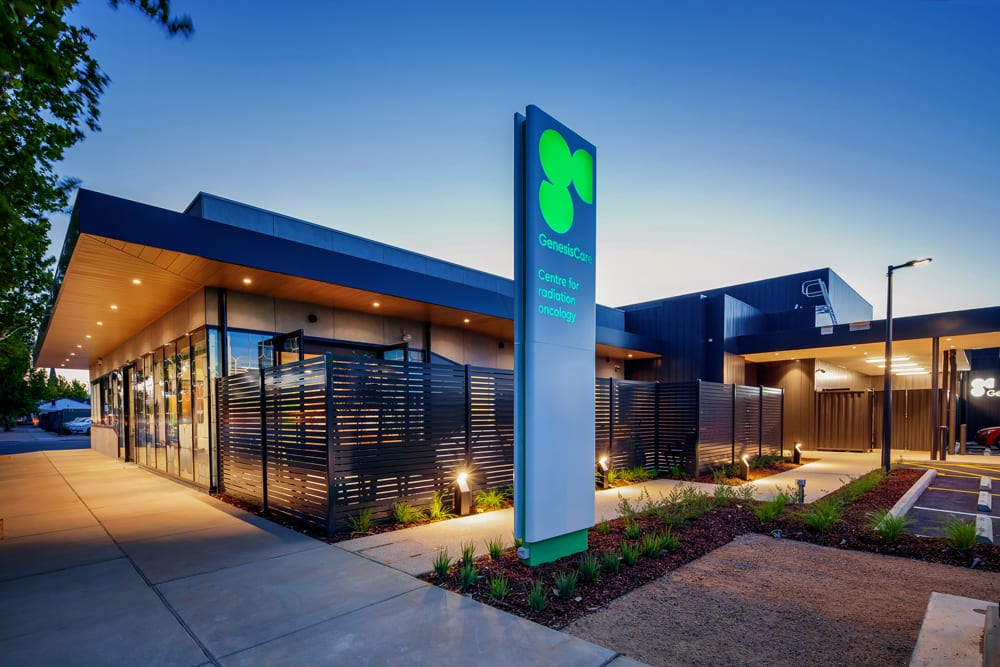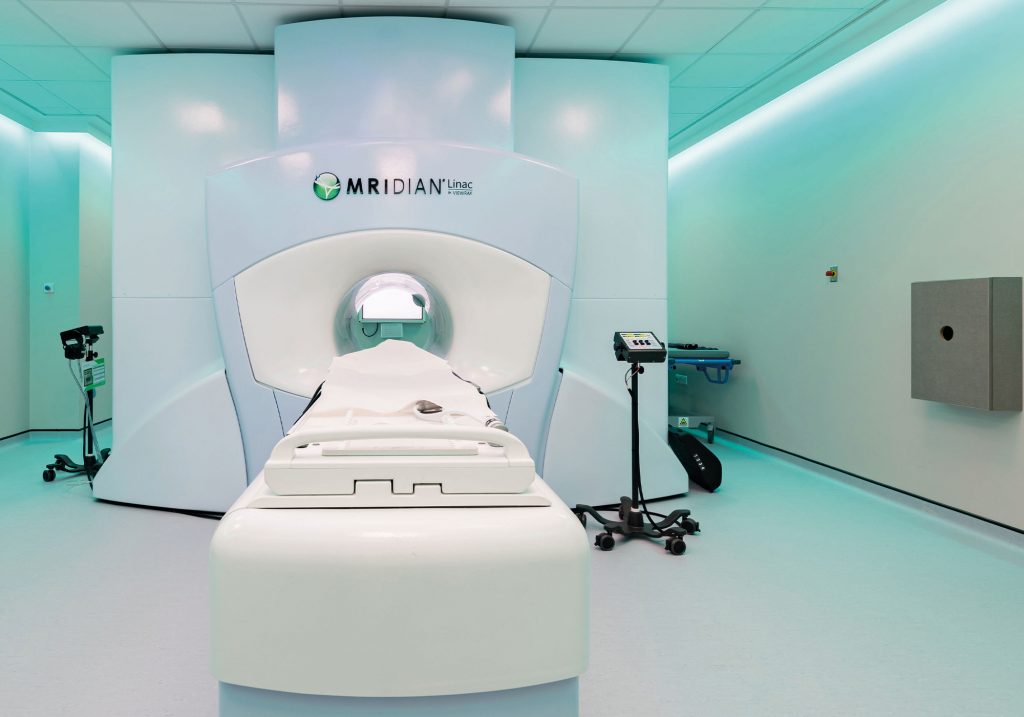A continued discussion on the #FutureOfSABR – Dr James Good
On 10th March 2021, Dr James Good, Clinical Director of Stereotactic Radiotherapy was live on GenesisCare Twitter to continue the discussion on emerging indications in SABR & MR-guided radiotherapy. A big thank you to all who joined us, and we hope all your questions were addressed!
Missed it? Read on…
James kicked off with a poll asking LinkedIn and Twitter users if peer review is part of their current SABR workflow, emphasising it is central to patient access, clinician training and innovative clinical trials. See results below.
- Yes – 66.7%
- No – 33.3%
- In progress – 0%
Please support us to keep the #FutureOfSABR conversation going and share your questions/comments with Dr Good on Twitter @DrJamesGood or @GenesisCare or alternatively, get in touch with us here.
Twitter Takeover Key Questions
What disease sites are you using the ViewRay MRIdian for SABR purposes and what advantages or potential advantages are you seeing?
Half of our ViewRay #MRIdian patients have early-stage prostate cancer – the technique has been shown to reduce early side effects in comparison with standard radiotherapy. The other half have complex tumours in liver, lung, and pancreas, which the MRIdian® allows us to treat more safely.
I’d really like to see renal cancers being targeted. The difficult to reach tumours with high mortality. It looks like adaptive #FutureOfSABR offers an excellent choice, is this borne out by early studies?
There’s good evidence in support of SABR as an alternative to surgery/RFA for frail patients with primary renal cancer, as well as oligomets. Some NHS centres offer this. At GenesisCare we have treated several patients with both primary & secondary renal cancer using the MRIdian®.
Our clinical team believes that training and peer review for pancreas and other complex cases is crucial for patient safety and optimal outcomes. As time is often tight in busy clinics, how can the radiotherapy community scale this approach?
We have found that a networked approach, linking together fully SABR-credentialled clinicians using an online MDT platform has worked well – a COVID-era innovation that will survive well beyond the pandemic.
Patient access is our mission – NHS patients with pancreatic cancer from over 20 hospital trusts have now received MRI-guided SABR on our ViewRay MRIdian in our Oxford centre. Do you think this treatment should be routinely available?
No question! The engagement from the NHS Consultants has been overwhelmingly positive and I’ve no doubt access will open up, in time, within the NHS. Several GenesisCare clinicians are involved in efforts to expand access to SABR in the NHS, as well as through our own service – watch this space as we shape the #FutureOfSABR together!
Minimising the amount of healthy tissue treated, MRIdian enables ultra-hypofractionation & becomes a great tool for drug/RT combination studies. What will make the greatest difference to patients – technical or biological innovations?
RASmut and RASwt colorectal mets differ in sensitivity to SABR, for example – but it is still ‘the same disease’. Better biological predictors of response, and drugs to target resistance, are needed.
Where do you see MR-guided SABR in 10 years’ time across the UK and global health ecosphere? Will it really be as important as surgery in the care pathway?
GenesisCare’s global network will drive this research and innovation agenda, working with The University of Oxford. In the UK we are likely to see a network of MR-linacs, so that all who could benefit have ready access, particularly if ongoing clinical trials confirm a big benefit. Surgery will always have a role, but radiotherapy already makes a huge contribution to cancer cures, and this role will only grow over the next decade, particularly with an aging population seeking less invasive treatments.
Find out more on SABR here.
For more information, contact SABR@genesiscare.co.uk




